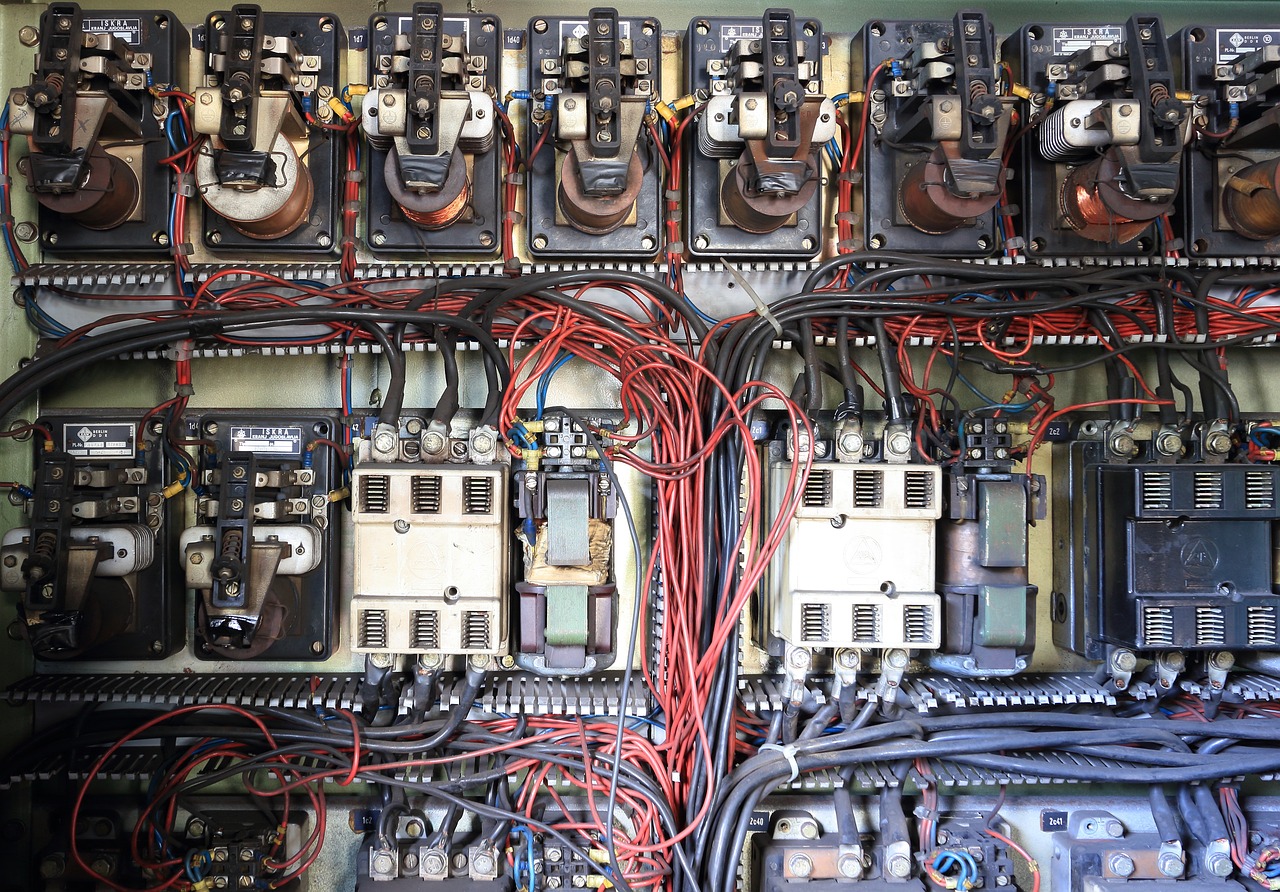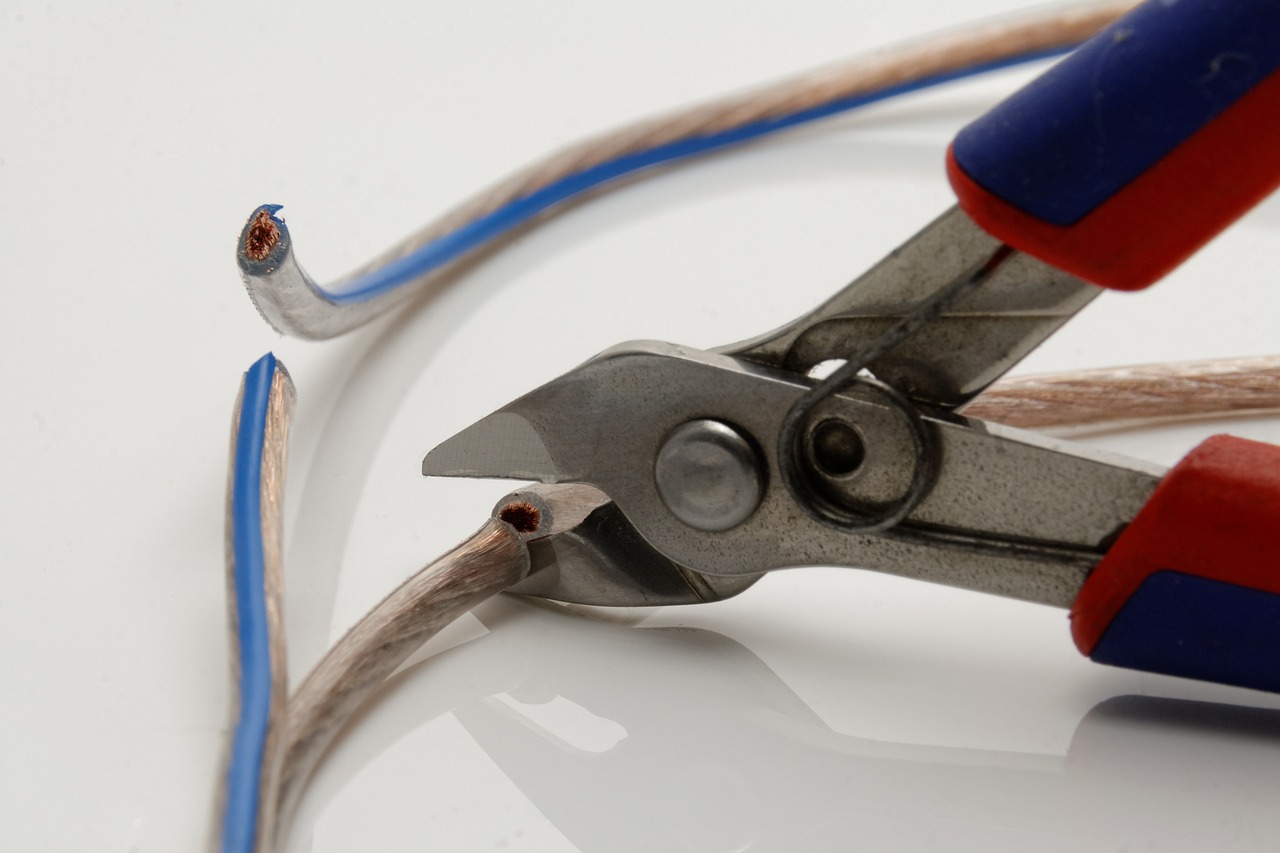If you’re planning on rewiring your home or office, it’s essential that you hire a qualified electric contractor. Not only is it important for the safety of your property and those who will be using it, but it’s also necessary for the correct functionality of your electrical system.
However, even if you hire the best contractor in town, it’s still crucial to assess the quality of their work to ensure that everything is done correctly. One of the most important things to consider when assessing the quality of an electric contractor’s work is their adherence to safety protocols.
Rewiring projects involve dealing with potentially dangerous electrical currents, so safety should always be the top priority. Proper grounding and connection security are a must to prevent electrical shocks and fires. Additionally, system testing should be conducted to ensure that everything is functioning correctly.
By evaluating these factors and more, you can feel confident that the electric contractor’s work is of the highest quality and that your electrical system is safe and reliable.
Importance of Safety Protocols in Rewiring Projects
Ensuring the implementation of proper safety protocols is crucial in rewiring projects, as it not only mitigates potential hazards but also guarantees the welfare of all involved parties.
Safety equipment such as gloves, helmets, and goggles should be worn by electric contractors to avoid electrical shocks, burns, or other injuries. Additionally, safety training programs should be provided to all contractors to familiarize them with the potential hazards of rewiring projects and teach them how to safely use tools and equipment.
Proper safety protocols can also prevent damage to the property being rewired. For instance, contractors should ensure that electrical wires are not exposed and properly insulated to avoid fires or electrocution. Furthermore, safety protocols should be followed during the disposal of old wires and other materials to avoid environmental hazards.
In conclusion, the implementation of proper safety protocols is critical in rewiring projects as it ensures the well-being of all involved parties and the protection of the property being rewired.
Ensuring Proper Grounding and Connection Security
You want to make sure your wiring is properly grounded and securely connected to avoid any potential electrical hazards. Grounding techniques are essential in order to provide a safe electrical system.
Grounding provides a pathway for excess electrical current to flow safely into the ground, preventing electrical shock and fires. Proper grounding techniques include connecting the wiring to an earth ground, installing grounding rods, and using grounding clamps. Additionally, it’s important to test the grounding system to ensure it’s working properly.
Connection reliability is also crucial in rewiring projects. Loose connections can lead to electrical arcing, which can cause fires and damage to your electrical system.
To ensure connection reliability, it’s important to use the correct wire connectors and to properly tighten them. Over-tightening can damage the wire, while under-tightening can cause a loose connection. It’s also important to make sure that the wires aren’t damaged during installation and that they’re properly stripped and inserted into the connector.
By following these grounding and connection techniques, you can ensure that your rewiring project is safe and reliable.
System Testing to Ensure Correct Functionality
Now it’s time to make sure that everything is working correctly, so let’s test the system to see if it’s safe and reliable. This is a crucial step in assessing the quality of electric contractors’ work in rewiring projects.
Testing equipment must be used to verify that all components are functioning as they should. This includes checking that all circuits are properly wired, and that any new or replaced elements have been installed according to the manufacturer’s specifications.
If any issues arise during testing, then troubleshooting techniques must be employed to identify the source of the problem. This may involve using specialized tools to measure voltage, amperage, or resistance levels, or simply visually inspecting components to ensure they are clean, properly seated, and free from damage.
Once any issues have been identified and resolved, the system can be tested again to ensure that it is functioning correctly. Only when the system passes all tests and meets all safety regulations can the rewiring project be considered complete.
Evaluating the Quality of Materials Used
Evaluating the materials used in an electrical project is crucial for ensuring its safety and reliability. As an electric contractor, you need to make sure that the materials you use are of high quality and durable enough to withstand the test of time.

This means you should carefully select materials that can provide long-lasting performance and are cost-effective. To evaluate the quality of materials used, you can start by checking if they meet the required industry standards. Some materials may come with certification or testing reports that can help you determine their durability and reliability.
You can also inspect the materials physically, checking for any visible signs of damage, rust, or corrosion. Additionally, you should consider the cost of the materials and make sure that they’re worth the investment.
By carefully evaluating the materials used in your rewiring project, you can ensure that your work meets the highest standards and provides a safe and reliable electrical system for your clients.
Comprehensive Assessment of Electric Contractors’ Work
Take a moment to admire the comprehensive assessment of your hard work as an electric contractor. Your expertise and skill in rewiring projects are crucial in ensuring the safety and reliability of electrical systems.
To determine the quality of your work, it’s important to conduct a comprehensive assessment that includes cost effectiveness analysis and time management strategies. Cost effectiveness analysis involves evaluating the overall cost of the project and comparing it with the quality of work delivered. This assessment helps to determine if the project was worth the cost and if there were any unnecessary expenses that could have been avoided.
On the other hand, time management strategies involve assessing how well you managed the project timeline. This includes meeting project deadlines, efficiently allocating resources, and managing unexpected delays. A thorough assessment of your work using these strategies will help you identify areas of improvement and ensure that future projects are executed with even greater precision and efficiency.
Frequently Asked Questions
What is the average cost of a rewiring project for a residential property?
To determine the average cost of a rewiring project for a residential property, consider the factors affecting the cost such as the size of the property, materials used, and the complexity of the project. It’s important to obtain multiple quotes to ensure fair pricing.
How long does a rewiring project typically take to complete?
When rewiring a residential property, timeline management and project scope are key factors in determining how long the project will take. Factors like the size of the property and the level of complexity can affect the timeline.
What qualifications should an electric contractor have to be considered for a rewiring project?
To be considered for a rewiring project, electric contractors should have qualifications such as a license, insurance, and experience in rewiring. Rewiring project requirements may include meeting electrical codes and safety standards.
What are the potential consequences of not following safety protocols during a rewiring project?
If safety precautions aren’t followed during a rewiring project, you risk electrical hazards like fires, shocks, and electrocution. Always follow proper safety protocols to ensure the safety of yourself and others.
How does the rewiring process differ for commercial properties compared to residential properties?
When rewiring commercial properties, there are additional commercial requirements to follow. Safety measures need to be taken to ensure the safety of employees and customers. It differs from rewiring residential properties in complexity and scale.
Conclusion
Congratulations on completing your rewiring project! Now that the work is done, it’s important to assess the quality of the electric contractor’s work to ensure safety and functionality.
First, make sure that safety protocols were followed throughout the project, including proper grounding and connection security.
Next, conduct system testing to ensure that everything is functioning correctly.
It’s also important to evaluate the quality of materials used in the project.
Finally, perform a comprehensive assessment of the electric contractor’s work to ensure that everything was done to the highest standard.
By following these steps, you can rest easy knowing that your rewiring project was completed safely and effectively.



